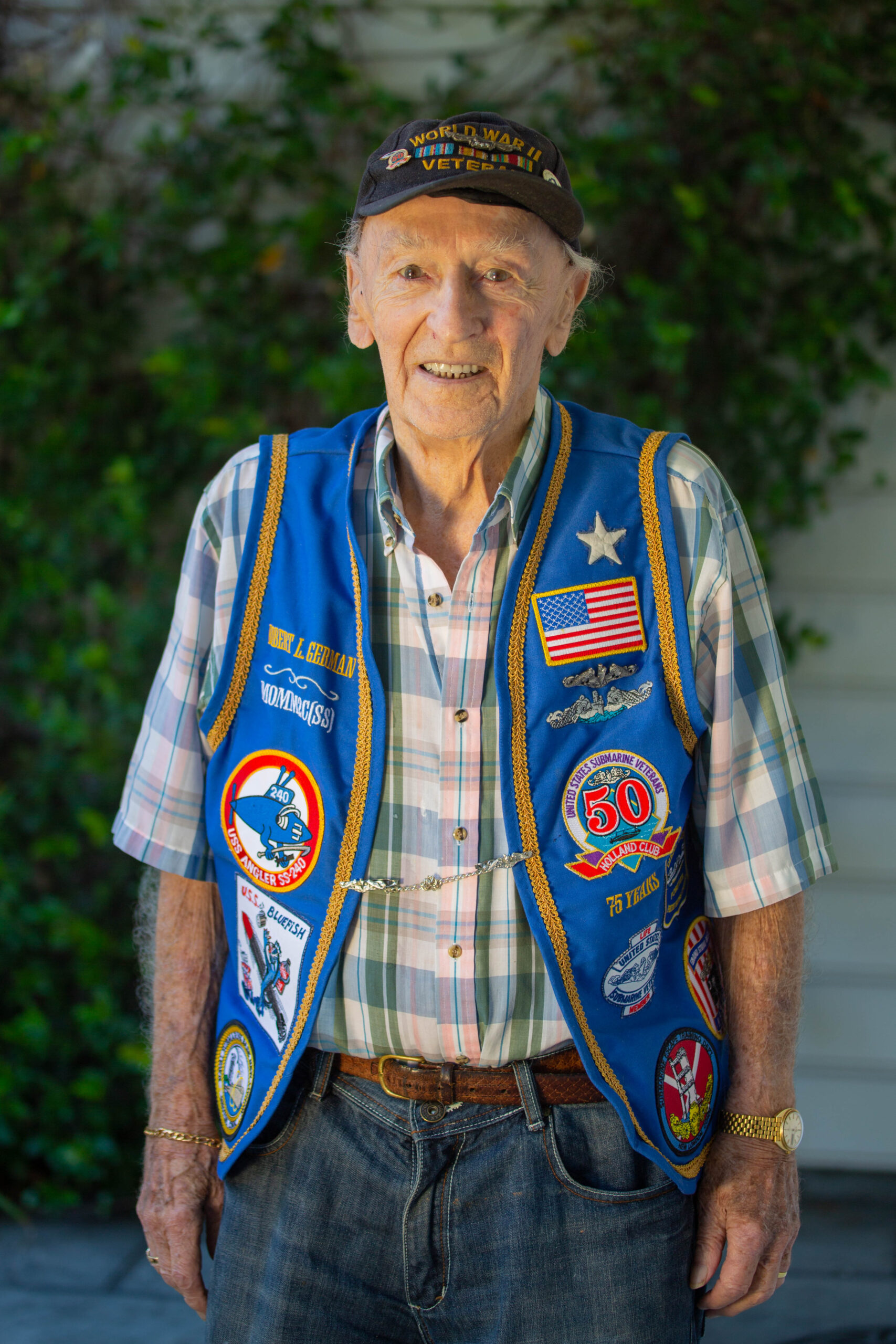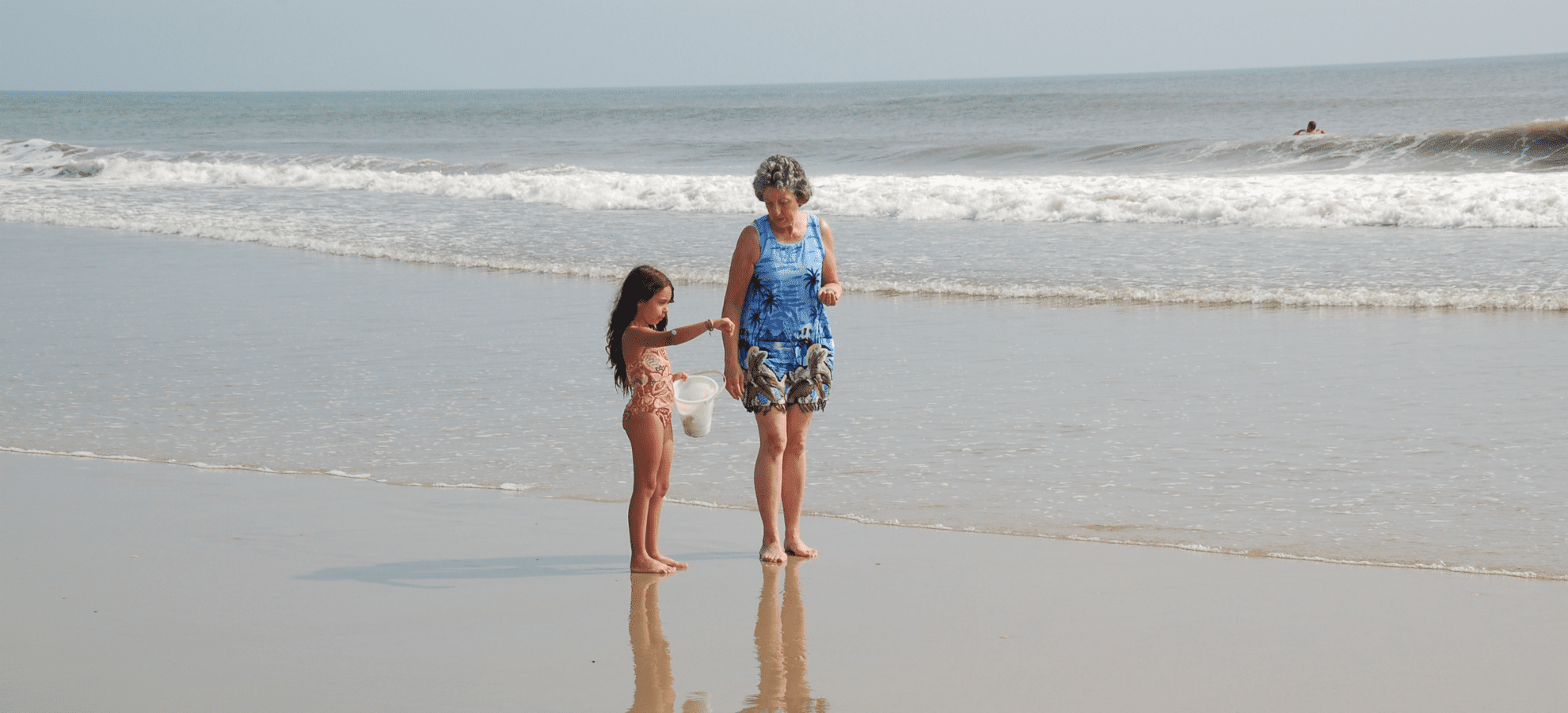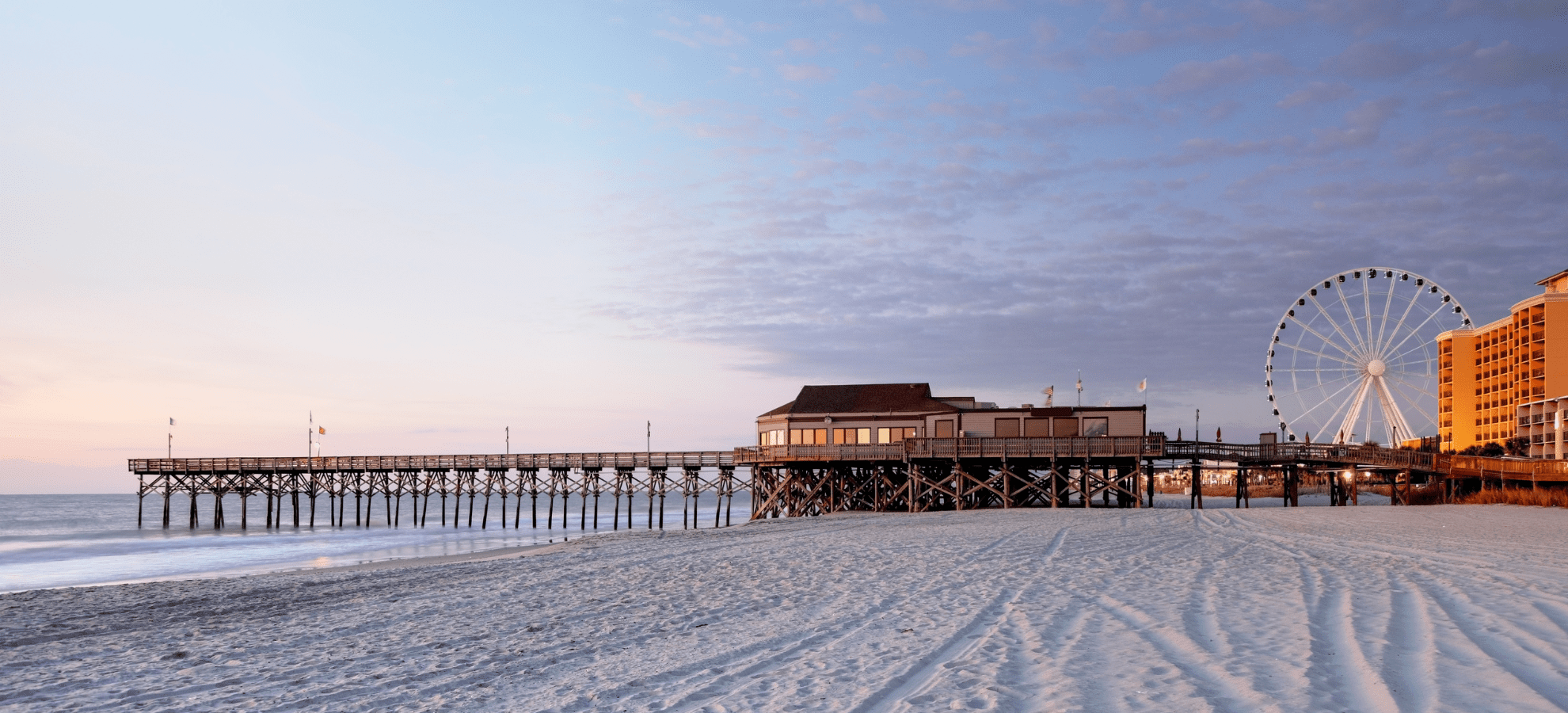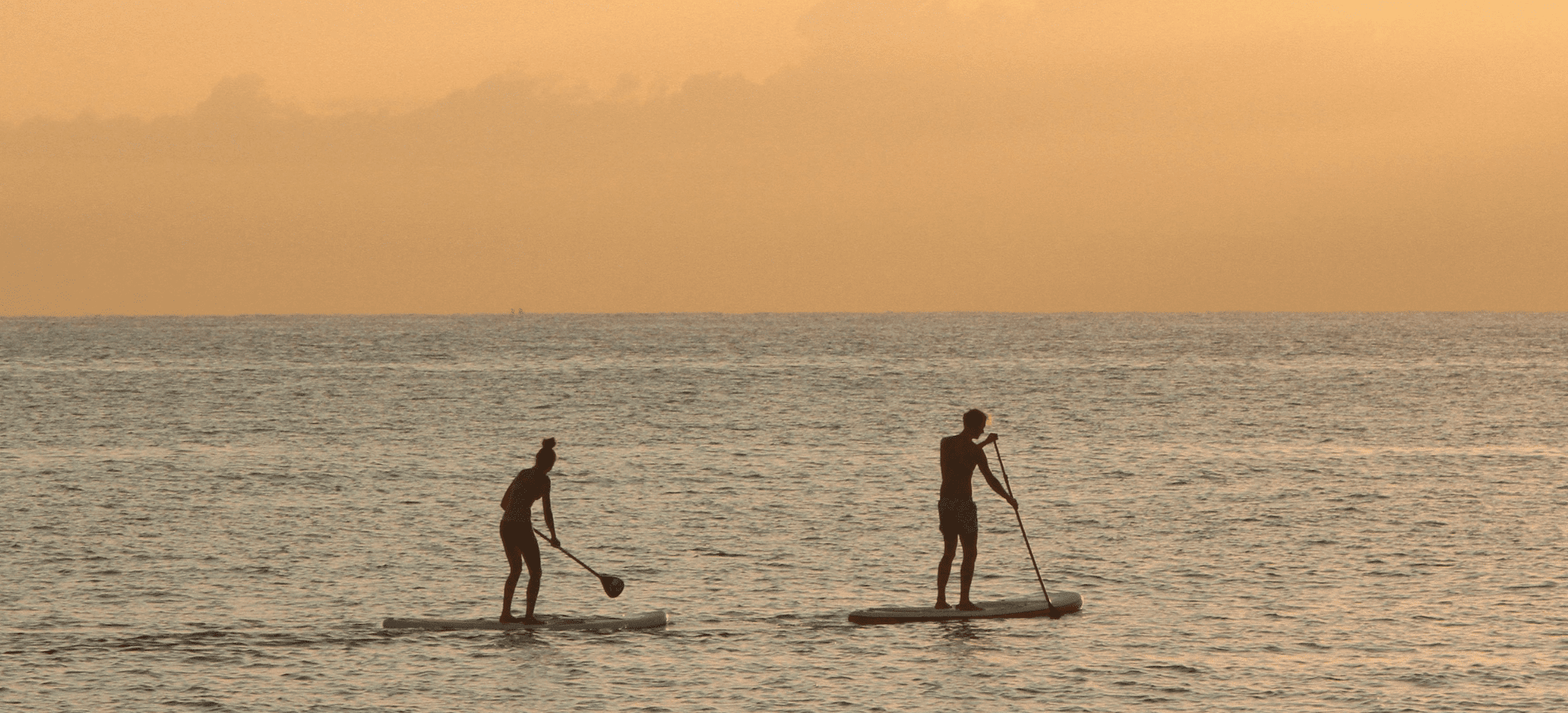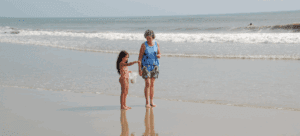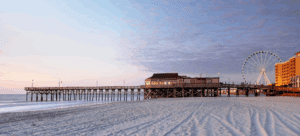A WWII Navy Veteran Who Served in the South Pacific
Celebrate Our Veteran gives voice to the stories of the U.S. military veterans living amongst us. The actions of these brave and dedicated people, who have served our country both in active military duty as well as administrative positions, have and continue to contribute to the protection and preservation of us and our country.
We hope that this section of our paper is an opportunity for our community to hear and see veterans with new eyes, and for veterans to receive recognition and honor for their experiences and life journeys.
This month’s Celebrate Our Veteran completes the story of Bob German, a WWII veteran, as told in his own words. Click here to read part 1.
by Melissa LaScaleia
“She gave birth to a daughter, Dorothy, who was adopted at birth by Heidi’s close friends.
Dorothy grew up thinking she was the natural-born daughter of that family. She married and had a boy and a girl, and the girl married and has two children as well. I didn’t find out until October of last year that not only do I have a daughter, but also grandchildren and great-grandchildren.
My granddaughter did a DNA test and discovered that she had genes that matched mine perfectly. We all connected via Zoom for the first time. Everybody thinks it’s fun. Then my granddaughter called me one day and asked if I thought we had any more relatives we didn’t know about. I laughed and said, “I don’t think so.”
Back on the ship in the Southern hemisphere— this was my fourth patrol run. And we were engaged in what was called a battle surface— meaning we were using the deck to fire on the enemy. A shell was being passed to a man above me, but he missed it, and it slipped, and it knocked me completely out.
Our base station had been relocated from Australia to Guam Island, and four days later we reached the island. By that point, we were just south of Malaysia and the Philippines, and we had sunk all the enemy ships in that area.
They transferred me to the hospital ward on the submarine tender they had moved from Fremantle, Australia. From there they shipped me to the hospital on Guam. Then they flew me to Pearl Harbor. From there I was transferred to San Diego hospital. All in all, I was in the hospital for about two months. My doctor came in one day and asked me what I wanted to do.
I told him that I wanted to go back to sea. And he told me that I was going to be honorably medically discharged instead. So that ended my term in the Navy.
I came back to Baltimore where I was born after I was discharged. I got a job with the Coast Guard installing diesel engines and went to high school at night for two years. When I had enough credits, I went to the University of Maryland for college and got a degree in industrial engineering.
After I graduated, I went to work for the government. I wanted to get into sales and international sales because of the overseas contacts I had— I thought it would be interesting to get into printing foreign currency. I ended up going into domestic sales at a bank note company for the next forty years instead. I printed stock certificates and bonds for various corporations, and made the titles for thirty-eight states. It was quite interesting what I did.
I moved to Chicago for some time, and then back to the East coast, where the company bought my wife and I a home in New Jersey.
After twenty-five years, they made me vice president of the company. Then they wanted me to take over a position in Pittsburg. It was the plum of the company. I took over all of Ohio, West Virginia, and the lower part of Michigan too. I made a lot of money for myself and for the company. It wasn’t a job, it was a joy.
I retired on 01/01/01. It was an easy number to remember. I’ve been retired for twenty-one years now. We built a home down here because my wife has a sister who lives here. And I’ll make it my permanent home this year.
My first wife and I had three children. My eldest was 74 years old and living in Pittsburg when he died of a heart attack. My daughter passed away when she was 52 years old, of an incurable cancer.
My other son, Mark, is 64 years old, and is a real estate appraiser. He lives in Annapolis, Maryland. And I have one Australian daughter.
My first marriage ended because my wife was an alcoholic. After the divorce, I took care of her for the next ten years until she died. My second wife of seven years died in my arms of a heart attack. And I’ve been married to my third wife for twenty-three years now. Being married and raising children was a big part of my life. I’m 97 years old, and in three more years I’ll be 100.
The Angler and the Bluefish both have reunions with the guys who served on these boats after WWII. The Bluefish passed a rule, that as long as Bob German is alive, the reunion will be held in Myrtle Beach every two years. The Angler 240 holds a reunion every year because of the number of deaths every year. We are running out of WWII veterans. I’m the last WWII veteran from both boats.
WWII boats were kept in service until nuclear submarines were built. Now there are nuclear vets reunion groups. Bluefish had such a good record, that an early nuke was named Bluefish.”






